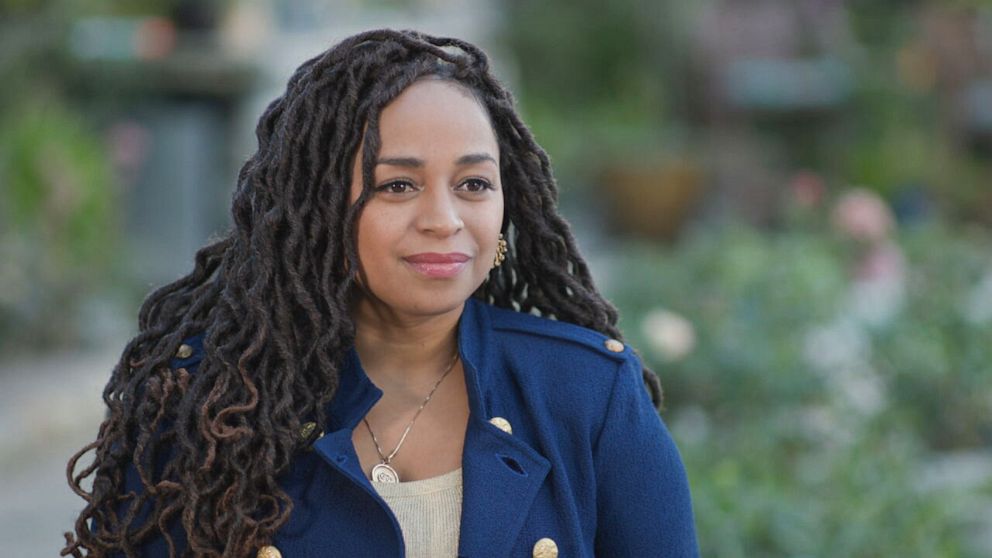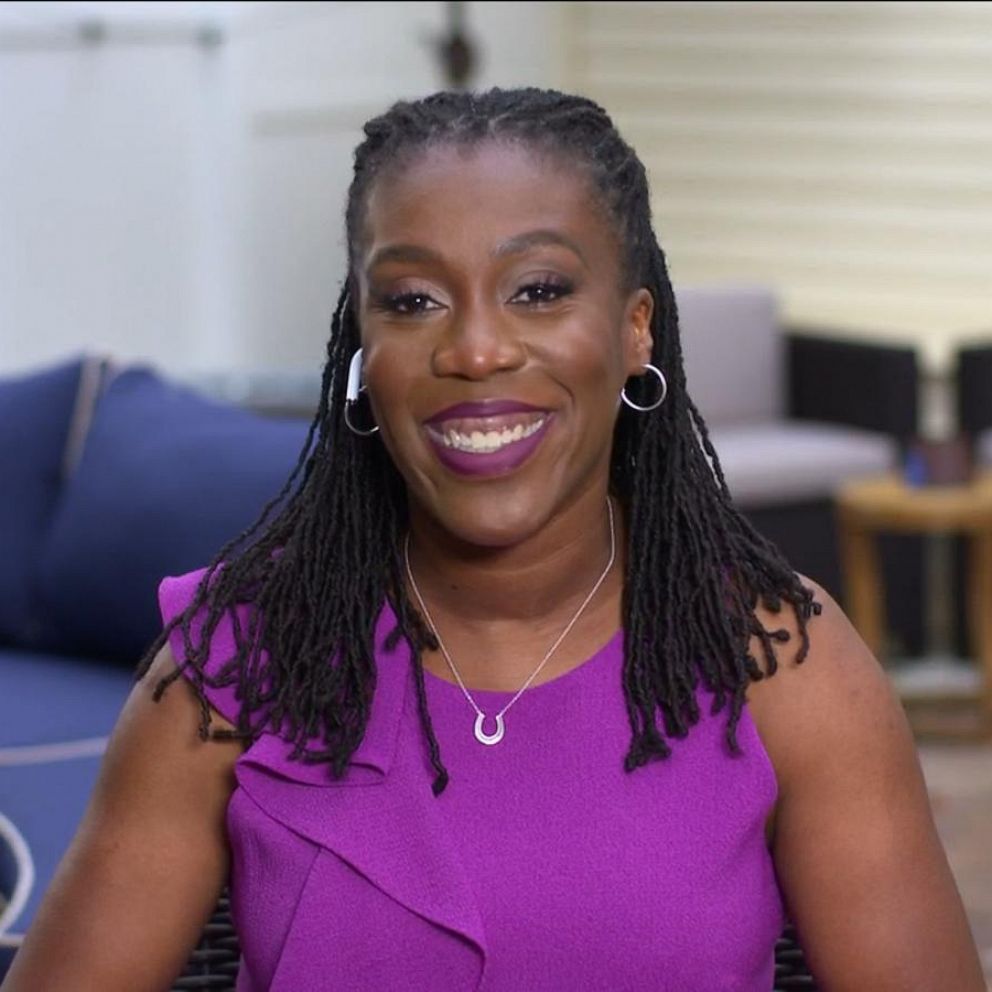How Black families can achieve financial freedom
In the United States, Black families have an estimated one-eighth of the wealth that white families have, according to research from the McKinsey Institute of Black Economic Mobility.
Federal policies, such as the Homestead Act of 1862, the 1935 Social Security Act and redlining by the Federal Housing Administration, have in part contributed to the wealth gap, according to Kezia Williams, founder of The Black upStart, an initiative to train African American entrepreneurs across the country.
Williams is now on a mission to change the statistics and help Black families build their wealth between generations.
“It’s not that Black people are not working hard. It's not that we're not earning income. It's not that we're disinterested in wealth acquisition,” Williams explained on “Good Morning America.” “But it's just that there are laws and policies that have provided head starts for some families, but not Black families.”
Teach financial literacy and support Black-owned businesses
To overcome such barriers, Williams emphasizes the need to learn about financial literacy and teach children and young people early on. "We need to teach things like investing credit and also entrepreneurship," Williams said.
In addition to building a knowledge base, Williams emphasizes "making a daily practice" of supporting Black-owned businesses, which have been heavily impacted by the pandemic.
"We need to make sure that we keep Black business doors open because Black entrepreneurs are more likely to create black jobs and also give back to Black communities," Williams said.
Plan your children’s futures early
If you have kids, the earlier you plan for their futures, the better off they could be in terms of financial success. Williams recommends considering opening up accounts such as a custodial Roth IRA and a 529 college savings plan when children are young so any funds can grow over time through interest.
It may seem extremely early to think about a child’s future retirement but it’s a smart way to think. A custodial Roth IRA lets a parent or custodian add money to an individual retirement account on behalf of a minor and manage it until the child becomes an adult. Investing funds early in this type of account means a child can benefit from compound interest and when they go to take money out of the account in the future, the funds may not be taxed. For custodial Roth IRAs, Williams suggests researching small-, mid- and large-cap funds to include in the account.
Putting money into a 529 college savings plan lets families and kids sock away funds that will grow tax-free. Other family members could contribute to a college savings plan and in some cases, the plan can also be transferred to other children.
Boost your income
Another way to build wealth over time is to look for ways to increase income streams outside a traditional 9-to-5 job. Williams suggests clients invest their “free” time and sell their skills during evenings or weekends whenever possible to take advantage of the rise of the gig economy.
Talk about money and begin estate planning
In a recent Caring.com study, more than 70% of Blacks surveyed say they haven’t started the estate planning process. Lynn Richardson, a financial coach and author of “Estate Planning Made Simple,” recommends everyone who doesn’t have a will or plan in place to get started immediately.

“Everybody has an estate plan. It is not just for the wealthy. Your clothing, your furniture, your jewelry, your real estate, your automobiles, your electronics, your bank accounts -- all of that is a part of your estate plan,” Richardson said. “And with proper planning, we can ensure that our loved ones can live the lives that we see for them even when we are not here.”
So how should people get started with estate planning? Experts recommend discussing the topic with family members and Portia M. Wood, an estate planning lawyer, suggests asking yourself these three questions too.
- What is your family structure?
- What is the value of your assets?
- What are you trying to achieve?
In addition, Wood recommends preparing these documents in order to ensure the estate planning process goes smoothly: a financial power of attorney form, an advance health care directive and a living will.
Richardson also recommends that everyone should consider life insurance policies. “GoFundMe is not a substitute for life insurance. As early as the age of 18, if you have enough life insurance, you can then put that life insurance into an annuity. That annuity can then pay your heirs a trust for the rest of their lives and then that income can pass onto their children and so on and so forth,” Richardson said.
At the end of the day, Richardson emphasized, “Time is of the essence and every single one of us has the ability to create an estate plan for ourselves and our loved ones so we can have peace at night when we go to sleep.”







